Looking back on my life, I wasted a lot of time. But on the other hand, I also had a sense of immense enjoyment. Regret is knowing something and ignoring that urge. I, on the other hand, never missed a desire on my part. For instance, recalling that now, I should have never worked in the workforce and become just another drone in the world of financially surviving. There is no crime of being poor, but there is something indecent about not doing what you want. But even then, I enjoyed my life immensely. The one thing that impressed me as a child was watching “Have Gun Will Travel,” for whom the main character Paladin, was a gentleman, a scholar, a connoisseur of fine wine, women, and living the life in wild west era San Francisco. But like in real life, with the dualities we are willing to live in, Paladin makes his money by being a hired gun. Although this is a television show, I find its real-life implications fascinating.
Ted Kaczynski is also a fascinating figure because, on the one hand, he is a murderer. Yet, he has an interesting philosophy with respect to how one lives in a world where nature is slowly or quickly, in some cases, murdered by today’s world. By what we see or hear of Kaczynski, he was or is a remarkable fellow. He was accepted to Harvard when he was only 16 and graduated from that school when he was 20. Eventually, he went to the University of Michigan, where he got his Ph.D. in mathematics. His specialty was a branch of complex analysis known as geometric function theory. Also noted by his professors at the time that Kaczynski’s thesis “Boundary Functions” was so advanced that only “maybe 10 or 12 men in the country understood or appreciated it.” In 1967, Kaczynski became an assistant professor at the University of California, Berkeley, where he taught courses in geometry and calculus. He was the youngest professor ever hired by the University. But alas, he wasn’t a competent teacher. Students stated that he often stuttered and mumbled during class lectures and was remote from his students. Without providing a reason to his superiors, he left to wander in the hills outside Lincoln, Montana. He was living in a cabin that had no running water or electricity. Still, it was a good location to make a bomb or two in complete privacy.
If I had to opt for Paladin and Kaczynski, I would take the third choice, Raymond Radiguet, a novelist and poet and a very dear friend to Jean Cocteau. Like Kaczynski, Radiguet was quite young. He died of typhoid fever when he was only 20 years old. But before that, he wrote two remarkable novels, “The Devil in the Flesh” and “The Count’s Ball.” I am just about 68; I am surprised I didn’t write a book decades ago. Both the lives of Paladin and Kaczynski I sort of can admire, but to live in the shoes of Radiguet, even though his life only lasted a matter of seconds, compared to the other two, his life was a dream. Although one can wonder how much that support was for Radiguet’s talent as a writer or gentleman of certain pleasures, supported by the great Cocteau.
Death at an early age frames one’s talent and personality. It is just like adding the period after Radiguet. Paladin didn’t exist, yet his “existence” did and therefore never disappointed me. The life of Kaczynski could have been perfect as well, but he made choices that I’m not happy with. Although his message is relatively straightforward, his actions are not.
Even though he’s still alive, it is like he’s living a death behind bars. He’s a memory that eventually will be a footnote in true crime history. One doesn’t read emotion in his character until one realizes that he fell under the charm of sentiment and that he will never successfully spread due to his heartless sense of justice. Rage can be a beneficial tool, but it is best to use it for the pen on the paper.
The one true perfect moment for me is when I watched The Ed Sullivan show after “Have Gun Will Travel” and realized what would come next would, for at least a moment or two, bring a huge group of people together by a few, Yeah, Yeah’s - and the world of black and white turned into a beautiful technicolor point of view of the planet. But alas, like a lot of dreams, it turned sour. I have to live a life projected by a light beam because I can't deal with the disappointments surrounding one's life. Yet, with hindsight, one can cherry-pick the highs and leave the lows in history's trash bin.



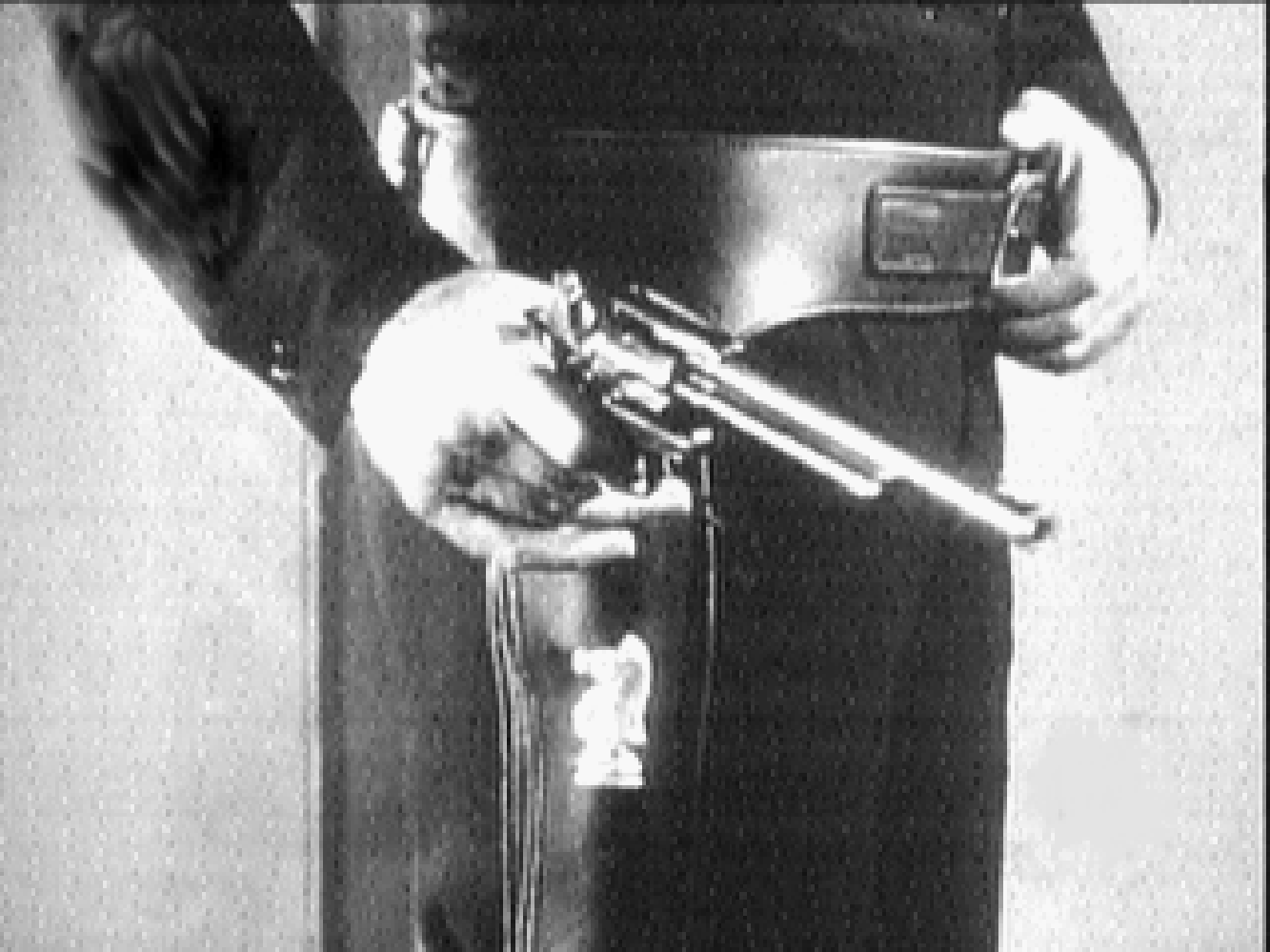
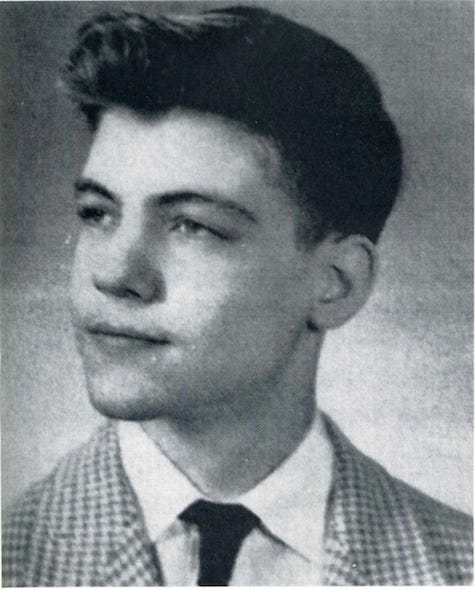
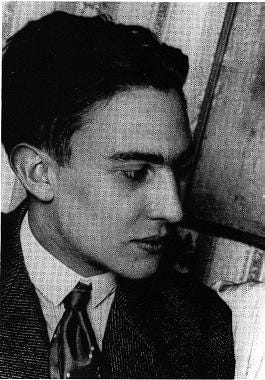
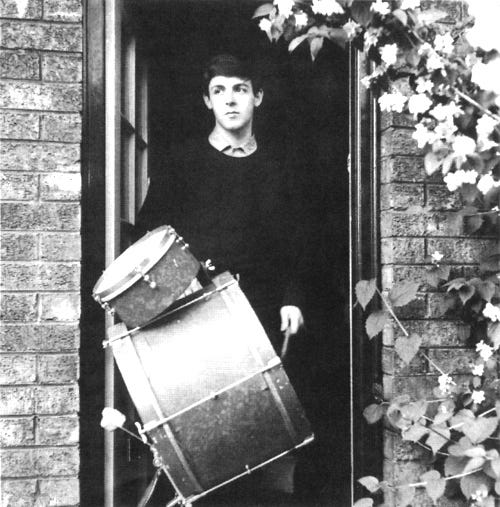
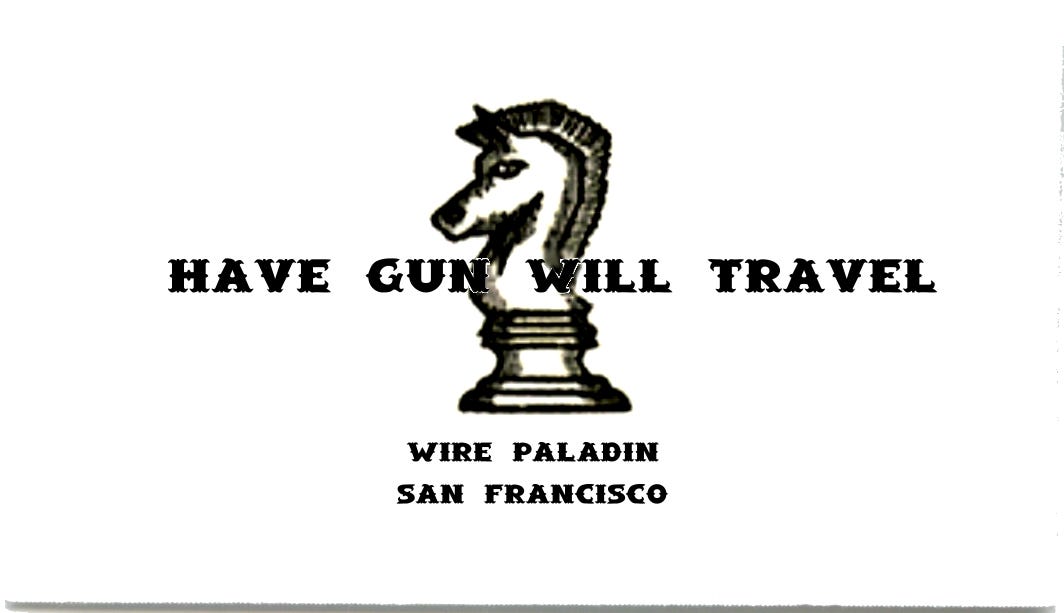
I just recently learned about Raymond Radiguet (from his mention in a James Salter novel) and loved Cheeks on Fire--now I'll read his novels you mentioned as well. Interesting how you compared these three and included the idea of rage. Thanks for this post, I'll be thinking a lot about it.
Interesting that both Westerns and urban crime stories have lone gunmen and PIs who need to do "heartless justice," knowing their own inability to define justice. One reason for being addicted to justice. I just wrote a book comparing 20th century urban noir with contemporary rural noir